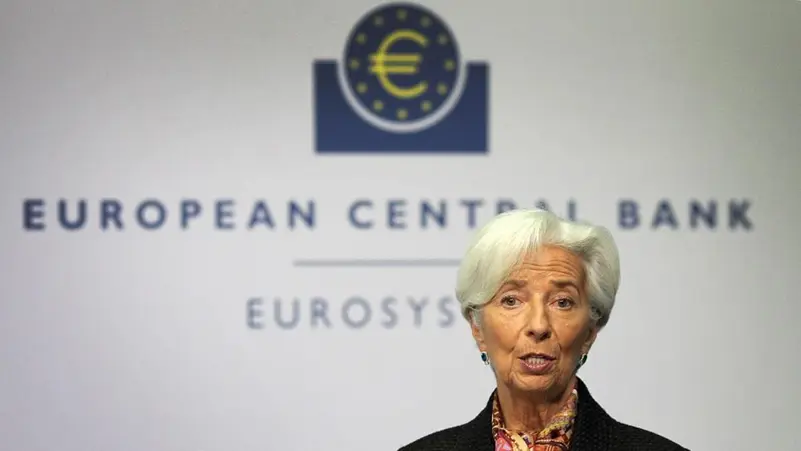The eurozone economy will fare “a lot better” this year than initially feared, European Central Bank chief Christine Lagarde said Thursday, as hopes grow that countries can avoid a painful recession.
The economic “news has become much more positive in the last few weeks,” Lagarde told an audience at the World Economic Forum in Davos.
The rhetoric has shifted from talk of a recession in the 20-nation club to “a small contraction,” she said, with some major economies like Germany possibly dodging a contraction altogether.
The ECB is expecting 0.5-percent growth in the eurozone in 2023, according to its latest forecast.
“So, it’s not a brilliant year, but it is a lot better than what we had feared,” Lagarde said.
The cautious optimism comes as sky-high energy prices, which soared last year because of the war in Ukraine, have started to fall.
Mild winter weather has also helped, easing fears of gas shortages.
Lower energy costs have contributed to a drop in eurozone inflation, which peaked at 10.6 percent in October.
Consumer price growth slowed to 9.2 percent in December, fueling hopes that inflation had finally passed its zenith.
Lagarde however warned that inflation was still “way too high.”
The ECB has already hiked interest rates aggressively to tame inflation, lifting its key rates by 2.5 percentage points since July.
Lagarde reiterated that further interest rate raises would follow in order to bring inflation back to the ECB’s two-percent target.
“We shall stay the course,” Lagarde said.

